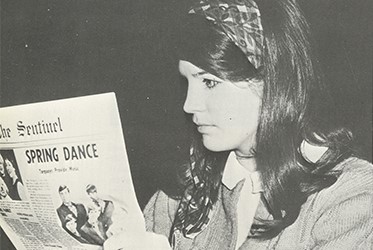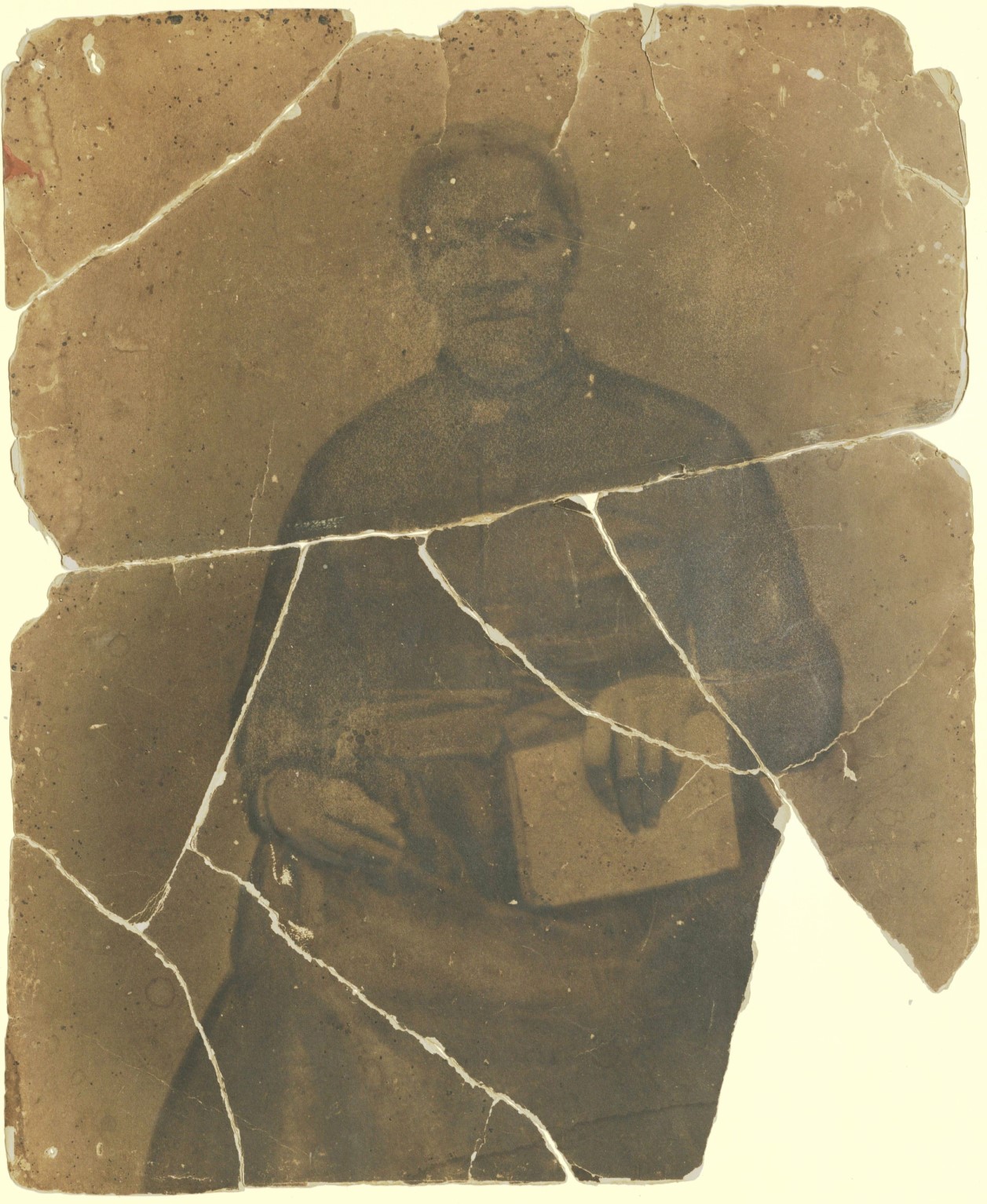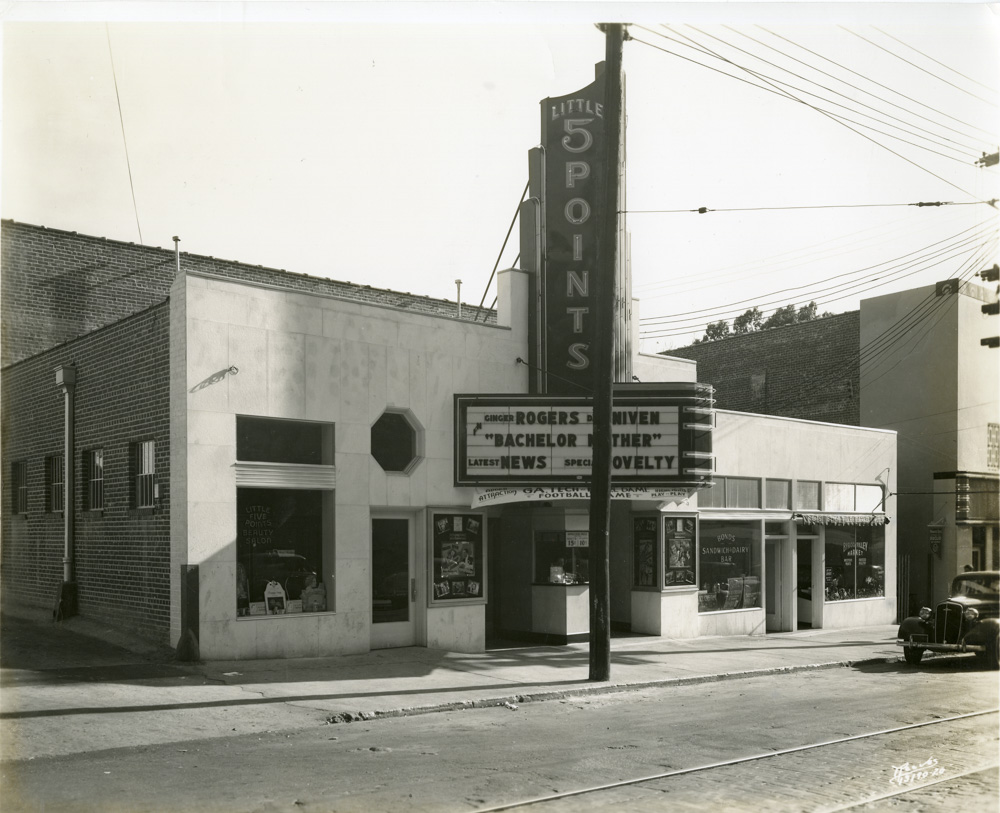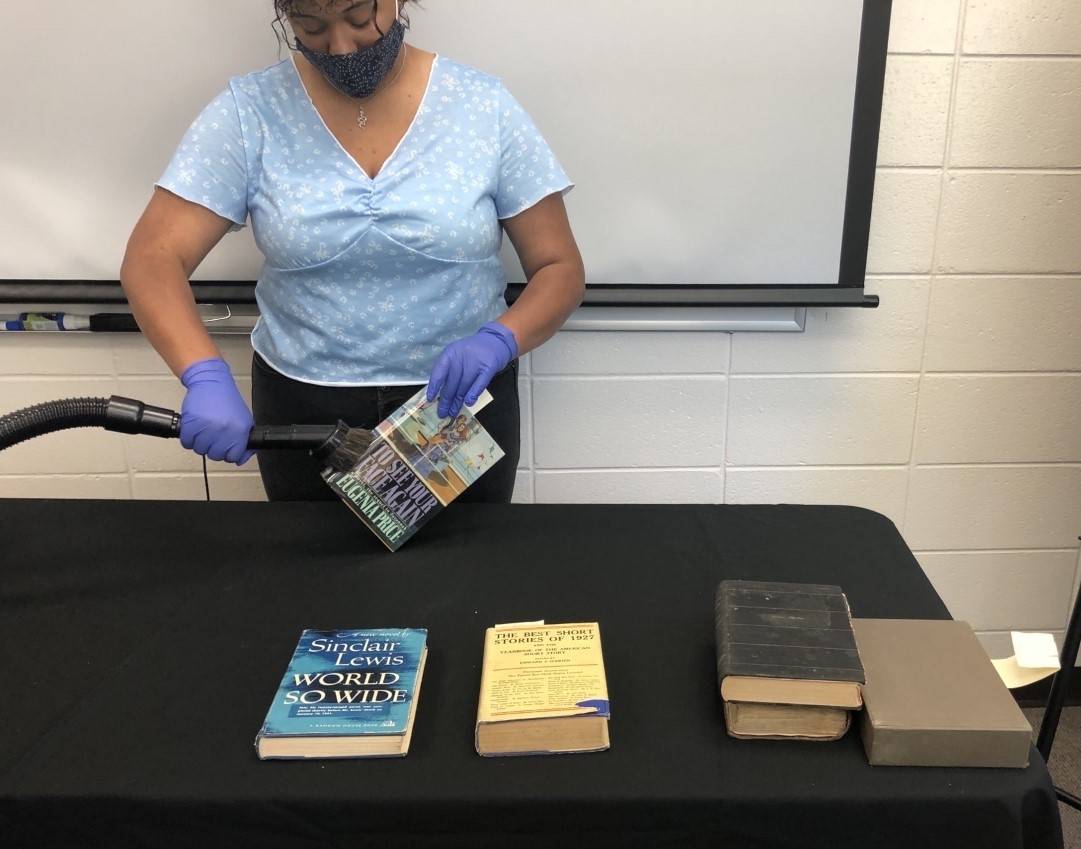
Robert de Treville Lawrence III and the USIS in Greece
KENNESAW, Ga. | Jan 24, 2022
Highlighting the experiences of R.D.T. Lawrence III with Cold War-era diplomacy in Greece.

Click here to read a memo from the Lawrence Papers about the mission of the USIS in Greece on SOAR.
Lawrence's papers describe the efforts of the USIS to exert American influence in Greece, including “very vigorous cultural, radio, library, exhibits and exchange of persons programs” in Greece (June 1957). In October of 1957, Lawrence writes a memo outlining a long-term plan for assistance to the Greek press. In this memo, he discusses the challenges he perceives the Greek press to be facing. He states, “The situation resembles that which existed in the United States about forty years ago when sensationalism ran rampant, advertising was in its infancy and before the advent of schools of journalism.” He suggests that the “low economic level” of the country is responsible for the problems of the Greek press and recommends several ideas to improve them through American intervention. These include establishing a school of journalism, offering prizes for outstanding journalism similar to the Pulitzer Prize, and press tours of newspaper operations in other NATO countries. In a 1958 memo, Lawrence advocates for the U.S. to assist rural newspapers to secure loans for new equipment to “help the provincial press and thereby gain needed support in rural areas.”
These documents provide the reader with several insights into the career of RDT Lawrence III as well as American foreign policy during the Cold War. They also pose several questions for our consideration:
- How many of these ideas came to fruition, and how?
- What were the long-term effects of these programs in Greece and other countries?
- How do we understand his work in the context of United States foreign policy, such as the Truman Doctrine and the Marshall Plan?
- How much of Lawrence’s work to advance standards of journalism also functioned as pro-American propaganda?
For more on this topic, please visit the KSU Archives and Special Collections to view the contents of the Robert deTreville Lawrence Papers.
















